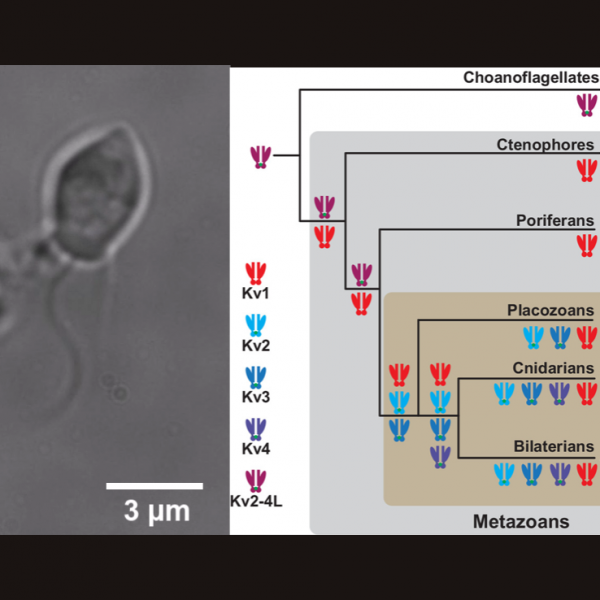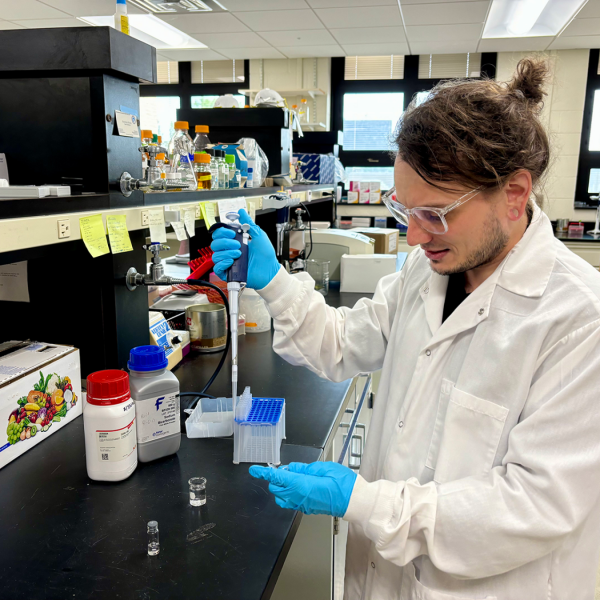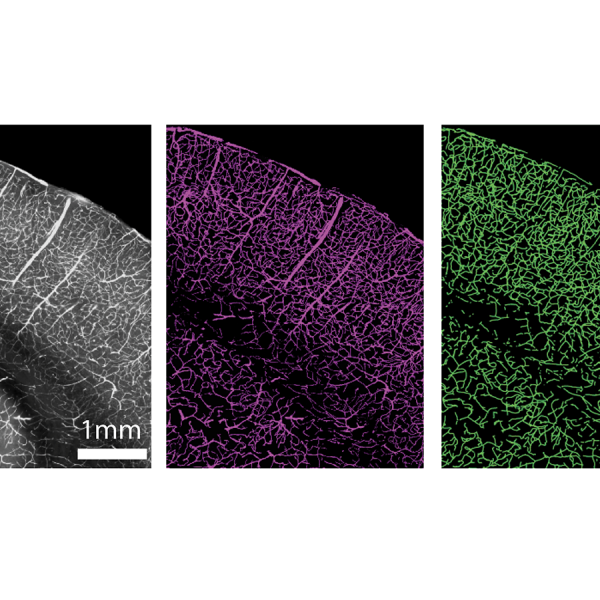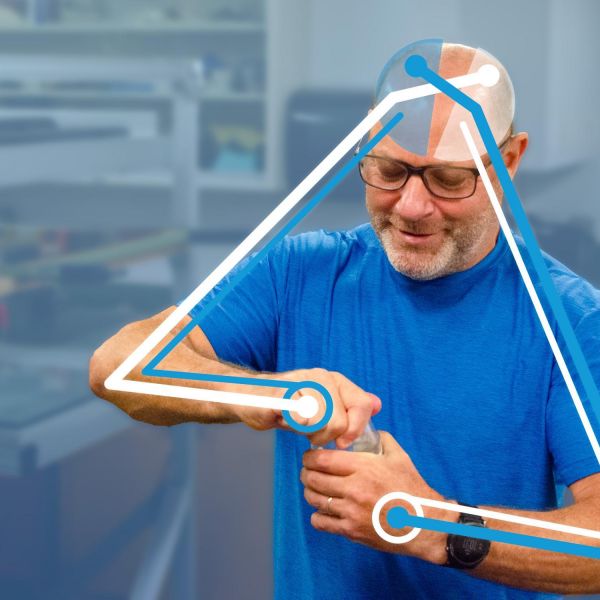News

Nov 14, 2024
Three Penn State researchers awarded scientific grants from Kaufman Foundation
The Charles E. Kaufman Foundation — a supporting organization of The Pittsburgh Foundation, which works to improve the quality of life in the Pittsburgh region — has selected three Penn State researchers to receive scientific research grants. The foundation awards grants to scientists at institutes of higher learning in Pennsylvania who are conducting innovative, fundamental scientific research in the fields of biology, chemistry and physics.
Full Article

Nov 12, 2024
Uncharted territory: A Q&A with Nanyin Zhang on mapping brain activity
To understand how different regions of the brain work together, researchers use a method called resting-state functional magnetic resonance imaging (rsfMRI). The method measures brain activity by observing changes in blood flow to different parts of the brain; however, rsfMRI does not explain how these blood flow changes to different brain regions relate to what is happening with the brain’s neurons — cells that send and receive messages in the form of electronic signals.
Full Article

Sep 17, 2024
Q&A: Ethical decision-making around neurotechnology treatments
Laura Cabrera, associate professor of engineering science and mechanics, has received a four-year, $1.5 million grant from the National Institutes of Health to research and develop a patient-centered decision aid to help guide patients, providers, and caregivers navigating their options.
Full Article

Aug 23, 2024
New CMIND director named
Janine Kwapis, the Paul Berg Early Career Professor in the Biological Sciences at Penn State, has been appointed director of the University's Center for Molecular Investigation of Neurological Disorders (CMIND), an interdisciplinary research unit within the Huck Institutes of the Life Sciences
Full Article

Aug 13, 2024
Rewriting the evolutionary history of critical components of the nervous system
A new study has rewritten the conventionally understood evolutionary history of certain proteins critical for electrical signaling in the nervous system. The study, led by Penn State researchers, shows that the well-studied family of proteins — potassium ion channels in the Shaker family — were present in microscopic single cell organisms well before the common ancestor of all animals.
Full Article

Aug 09, 2024
Memory problems in old age linked to a key enzyme, study in mice finds
A team of researchers from Penn State has identified an enzyme that contributes to age-related impairments in memory updating. When blocked, older mice were better able to incorporate new information and performed similarly to their younger counterparts. The researchers said the findings may lead to the development of potential therapeutic targets for improving cognitive flexibility in old age.
Full Article

Jul 31, 2024
New high-resolution 3D maps show how the brain’s blood vessels changes with age
Healthy blood vessels matter for more than just heart health. Vascular well-being is critical for brain health and potentially in addressing age-related cognitive decline and neurodegenerative disorders, like Alzheimer’s disease, according to new study led by Penn State researchers.
Full Article

Jul 22, 2024
Alternative understanding of brain leads to new treatments for stroke patients
Since the early 20th century, researchers believed that movements on the right and left sides of the body were controlled by the opposite hemisphere of the brain. However, Penn State researcher Robert Sainburg proposed the complimentary dominance hypothesis, which states that both sides of the brain have a role to play in control of both sides of the body.
Full Article

Apr 25, 2024
Engineering professor named AIMBE fellow
Patrick Drew was inducted into the 2024 class of fellows for the American Institute for Medical and Biological Engineering (AIMBE). Drew also has affiliations with the departments of biomedical engineering, neurosurgery, and biology.
Full Article

Apr 23, 2024
Penn State biologist receives new investigator award for aging–biology research
Janine Kwapis, Paul Berg Early Career Professor in the Biological Sciences at Penn State, has been selected to receive a Hevolution/AFAR New Investigator Award in Aging Biology and Geroscience Research from the American Federation for Aging Research.
Full Article